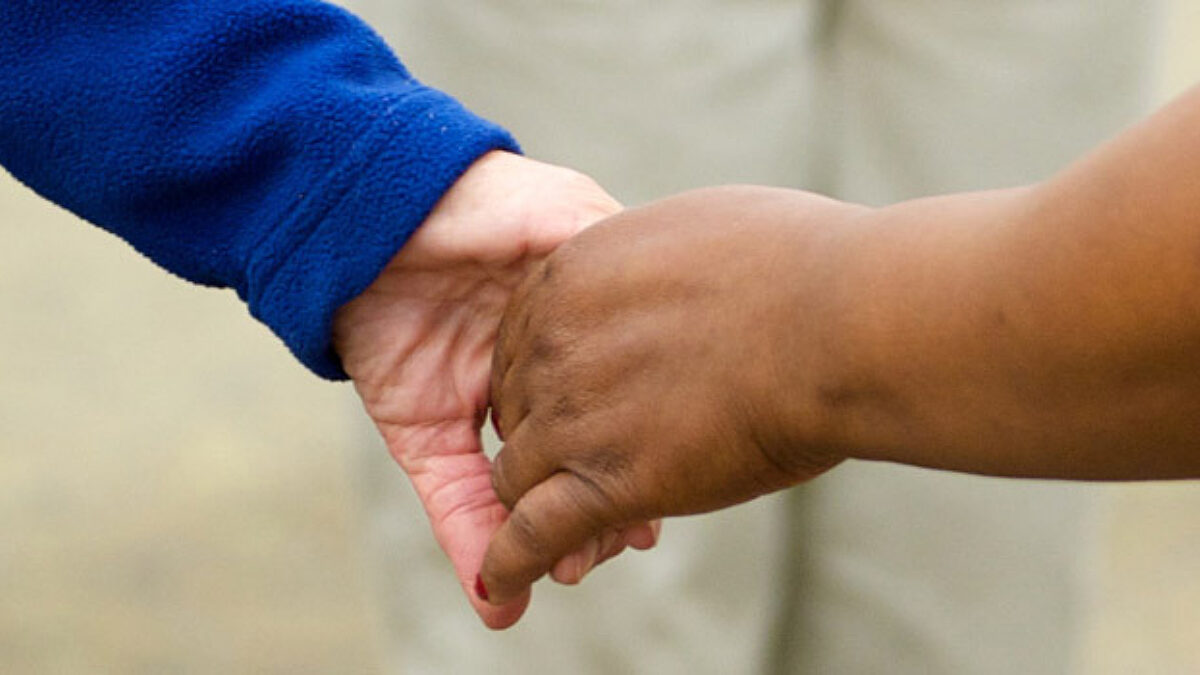
Advocate’s South Carolina Stories of Racial Awakening Project: Narrative 19
Maria’s inspiration
By the Rev. Elizabeth Murray
Editor’s note: The following is the 19th narrative accepted for publication in the Advocate’s South Carolina Stories of Racial Awakening Project. Submit your own narrative and receive $50. See guidelines, here.
I remember the first time I learned what it meant to be “undocumented.” My friend Maria (name has been changed) had just turned 16, but there was not much to celebrate. When I turned 16, I got my driver’s license. I was now 17 and experiencing the freedom of the open road. However, Maria was undocumented, so that meant that she could not apply for a driver’s license.
When I asked her why she could not go to the Department of Motor Vehicles to get her driver’s license, she started to share with me some of her story. After a while, I started driving Maria places she needed to go and formed a strong friendship with her. As we laid the foundation for a relationship, she opened up more about her life, the circumstances that brought her to the United States and what how her life was different than mine as an undocumented teenager.
Her dad came to the United States on a visa and started working to support the family. After a treacherous earthquake in El Salvador in 2001, Maria’s dad was granted Temporary Protected Status from the United States government to continue living and working legally in the United States. TPS is a temporary immigration status that protects foreign nationals of certain designated countries and allows them to stay in the United States because their home country has become too dangerous. Salvadoran nationals living here in March 2001 were eligible to apply for TPS because of the massive destruction that the earthquake caused.
This temporary status does not lead to a green card or citizenship. Those with TPS have to reapply each year to keep their status, and the federal government can modify the countries on the list (there are currently 10). He cannot leave the country and, of course, cannot commit a crime, lest his status be revoked. In sum, TPS allows Maria’s dad to live and work in the United States with proper legal documentation, though it has to be renewed every year.
After some time of living and working in the States alone, Maria’s dad decided to bring the rest of the family over from El Salvador. Maria, her mom and her sister came to Georgia on a tourist visa. They were not eligible for TPS because they were not in the United States the day TPS was issued. Eventually, their visas expired, and Maria, her mom and sister became undocumented.
After consultation with an immigration lawyer, Maria learned that the only way for her to become “legal” was to marry someone who was a citizen. There is no line for her to get in and no other pathway for citizenship for her or any member of her family, even her dad.
Maria ended up graduating from a public high school in Georgia and went on to attend a public university, where she received no in-state tuition, no scholarships and no federal aid because of her legal status. Her dad took on a third job to help pay for the tuition class by class.
At this point, what else was she to do after high school? She cannot work legally in the United States, she cannot even drive, so she can continue educating herself or she can return to El Salvador—a country she left when she was 12.
In the middle of her college career, Maria received word that the president enacted an Executive Order that allowed DREAMers—or undocumented young people who were brought to the United States before the age of 16—to apply for a new program called Deferred Action for Childhood Arrivals. DACA would allow Maria to obtain a driver’s license, temporary Social Security Number and work permit. DACA does not create a pathway to citizenship and does require the recipient to reapply. DACA is simply a bandage on a larger problem, which is our broken immigration system.
For DREAMers, though, DACA means so much. It means living in the United States without fear of deportation, having the autonomy to be drivers and to contribute to society as workers.
Why do I tell you this story? Maria changed me. She put a face on immigration reform and undocumented people before I even knew what that was. I was only in high school when we became friends, but it helped me articulate my calling to work with Hispanic/Latino people. Knowing Maria inspired me to continue pursuing Spanish classes in college, and now, knowing Spanish and traveling to Latin America has radically changed my life.
My love of all things Latino, but especially people, continues to grow year to year. This “issue” is not just Maria anymore. As I’ve continued expanding my group of friends and the people to whom I minister, more names and faces are associated with being undocumented or having DACA. There are dreams, families, careers and stories behind every Hispanic/Latino person we pass.
If you have been keeping up with the news, you know that there has been a lot of discussion about DACA. I encourage you to do your own research about DACA and the DREAM Act. For me, this is not politics; it is people’s lives. My challenge to you this day is to get to know someone who is Hispanic/Latino in your community. Maybe one day, they will entrust you with their story and them with yours. You will be surprised how quickly an “issue” gets replaced with a face, name and story.
Murray, a deacon, is 28, white and serves as youth minister at Lexington UMC, Lexington.